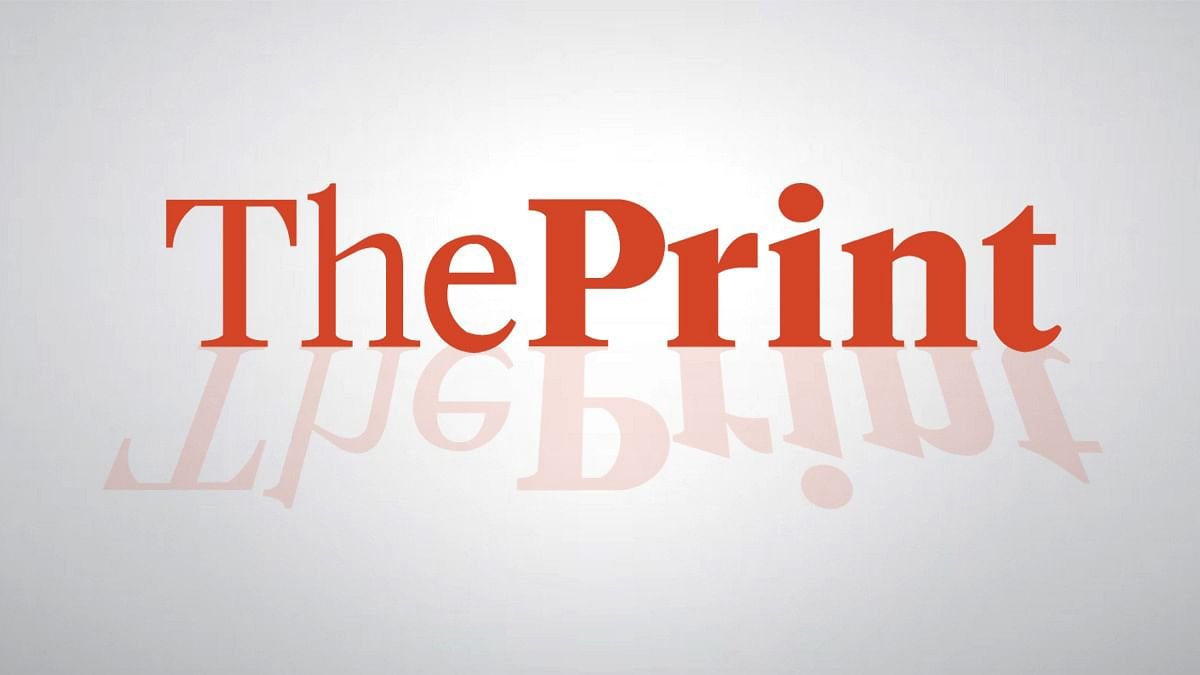There are moments in geopolitics when words hit harder than missiles — and yesterday, Washington’s Treasury Department fired one straight into the bloodstream of global energy. Rosneft and Lukoil, the twin juggernauts that keep Russia’s oil heart pumping, are now sanctioned under U.S. law. Their subsidiaries — some 36 of them — have been placed under financial quarantine. For markets, this isn’t bureaucracy; it’s shock therapy.
The mechanics are clinical. Under Executive Order 14024, both companies and their affiliates are now on the Treasury’s SDN list. Every U.S. entity — from banks to brokers to insurers — must freeze assets and cease transactions with them. No dollar wires, no clearing, no legal gray zones. The net effect: the arteries of Russia’s oil trade are suddenly clogged with red tape and fear.
For oil traders, that means physical evaporates faster than sourcing. These sanctions aren’t just a piece of paper — they change the cost of moving a barrel. Cargoes linked to Rosneft or Lukoil now carry the kind of risk premium you can’t hedge away. Banks tighten lines. Insurers back off. Freight rates twitch. Even neutral refiners in Asia are starting to check their exposure twice.
WTI didn’t wait around for clarity
-638967710764755279.jpg&w=1536&q=95)
It’s a pure exercise in escalation. The Treasury’s statement dressed it up as a moral imperative — “Now is the time to stop the killing and for an immediate ceasefire.” But that’s diplomatic theatre. In reality, Washington just took a hammer to Moscow’s cash register. Rosneft and Lukoil together account for the bulk of Russian crude exports, the same flows that finance the Kremlin’s war chest. Cutting them off from the dollar system is like turning off the lights in the control room — not instantly fatal, but deeply destabilizing.
And the market knows it. Within minutes of Secretary Bessent’s announcement, crude futures exploded higher. WTI leapt like a startled cat, and Brent followed suit. You could feel it in the order books — that uncomfortable blend of disbelief and reflexive short-covering that only comes when the rules of engagement change mid-trade.
It’s also a test of Washington’s appetite for volatility. The administration is well aware that squeezing Russia’s oil supply will inevitably impact global prices. They’re betting that traders, refiners, and consumers will absorb the hit — that the political optics of “punishing Moscow” outweigh the economic blowback. It’s a dangerous assumption. Sanctions this big don’t exist in isolation; they metastasize.
Because Rosneft and Lukoil aren’t boutique players — they’re the plumbing of global oil logistics. Their tankers blend, trade, and ship crude that gets re-flagged and re-priced half a dozen times before it reaches your local refinery. Freezing them out of the dollar ecosystem reverberates through shadow fleets, secondary traders, and the gray-zone middlemen who’ve been quietly keeping Russian oil flowing. Every link in that chain just got radioactive.
Meanwhile, Ukraine burns. As Bessent spoke of peace, Russian missiles hit Kyiv and Zaporizhzhia. The moral symmetry was haunting: Washington calls for a ceasefire; Moscow fires hypersonic missiles. Zelensky’s response was predictable — more pleas for air defences, more demands for sanctions. Markets, cynical to the bone, saw it for what it was: a reinforcement of the new normal. The war will drag on, sanctions will escalate, and the global energy trade will remain a hostage to politics.
Europe now stands at the edge of another inflation scare. Just when its disinflation narrative had traction, energy risk is back. Refiners will scramble to reroute supply, crack spreads will blow out, and policymakers will once again face the old trade-off between virtue and affordability. This is what happens when geopolitics collides with the commodity cycle — ideals meet barrel math, and ideals usually lose.
And through it all, the dollar quietly wins. Every sanction that blocks a Russian oil payment reinforces the greenback’s centrality. It’s the strange irony of financial warfare: the same hammer that bruises Moscow strengthens the handle that wields it.
By the close, oil was up, gold found a heartbeat, and traders — as ever — were left trying to make sense of a world that changes by decree. Washington may call it strategy. The market calls it what it is: escalation wrapped in diplomacy.
Because let’s be honest — no one freezes the veins of the world’s oil system to cool the temperature of war. They do it to turn up the heat.







